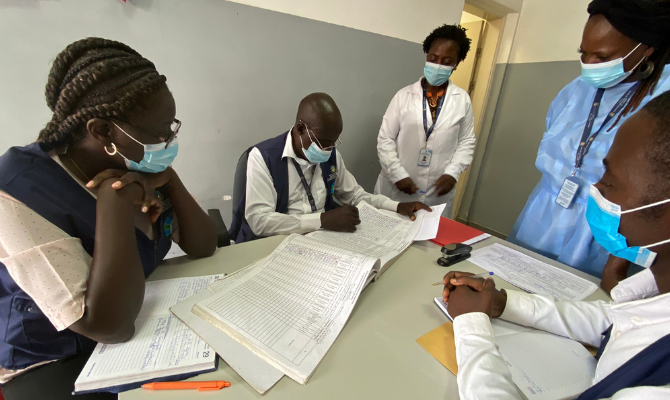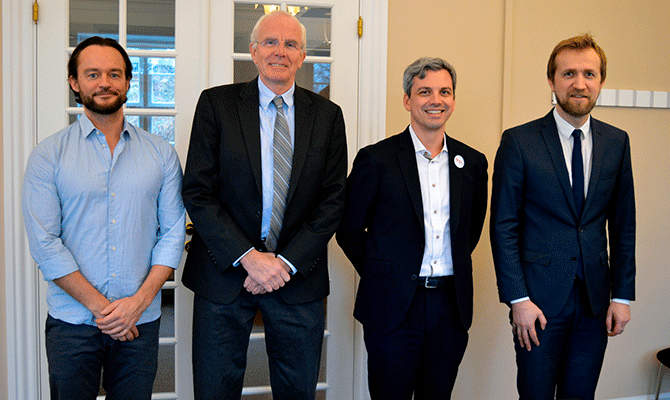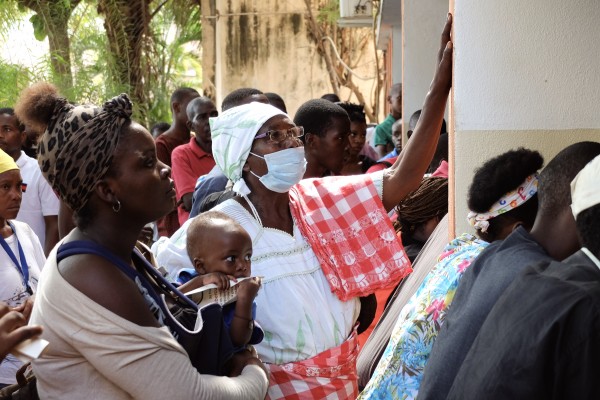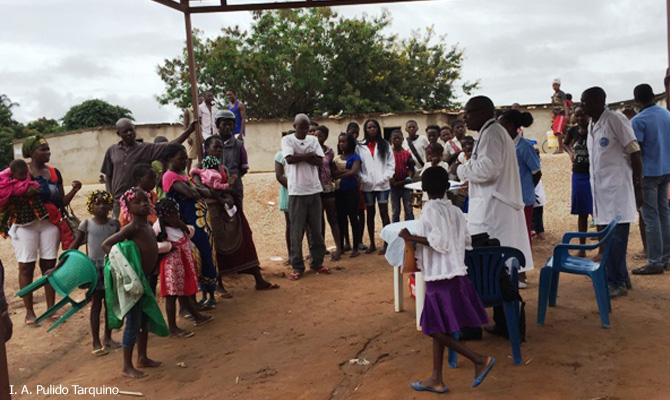Diabetes, cardiovascular disease, cancer, and chronic obstructive pulmonary disease: defined by the World Health Organization (WHO) as an “invisible epidemic”, these noncommunicable diseases (NCDs) are a major threat to human health and development, and the primary cause of mortality worldwide: they lead to approximately 35 million deaths each year, i.e. 60% of all deaths globally.
The impact of NCDs – also known as chronic diseases – is growing even in middle- and low-income countries. There are many reasons for this, including economic growth and urbanization, higher pollution rates, alcohol and nicotine intake, and unhealthy and increasingly unregulated diets. In African countries little is known about these diseases: specialists are few and far between, and healthcare systems do not yet have the expertise to treat patients suffering from chronic disorders.
WHO statistics indicate that NCDs will account for 42% of all deaths in Sub-Saharan Africa by 2030 . In order to meet the emerging needs of the communities it works with in this part of the world, Doctors with Africa CUAMM has decided to broaden its area of intervention for the treatment of such diseases.
Last Friday in Luanda, Angola, CUAMM held a workshop jointly organized with the World Diabetes Foundation (WDF) and the Angolan Health Ministry to present the data collected in the course of our diabetes and hypertension screening program in patients with tuberculosis (TB). The service was offered in two hospitals and four health centers specialized in TB treatment, and involved more than 7,000 TB patients living in the urban area of Luanda Province. Some 6% of the patients met at least one of the criteria leading to a diabetes diagnosis. Project findings showed that diabetes prevalence rises as TB patients get older, increase their body mass index and/or develop hypertension. TB/diabetes comorbidity also seemed to be associated with low education levels, an important finding that underscores the need to raise community awareness about the prevention and care of both diseases.
The workshop was an important further step in Doctors with Africa CUAMM’s efforts to respond in an effective, fair and sustainable manner to the needs of people affected by chronic diseases. Because NCDs are an emerging area of concern in African countries, especially from an organizational point of view, CUAMM – in line with our new strategic plan – has begun to implement activities to prevent and treat such diseases. Again in partnership with WDF, we recently launched a program to help those affected by diabetes and hypertension in Mozambique, while in Sierra Leone we are carrying out another program for the diagnosis of gestational diabetes in pregnant women. Finally, in Angola, we are considering a new project to screen the general population for diabetes mellitus in order to monitor the spread of this chronic disease among the non-TB population as well.
In order to foster “sustainable innovation” also with regard to NCDs, CUAMM’s next objective is to incorporate into our current work on the ground activities that aim not only at treating chronic disorders per se, but also at jointly treating infectious diseases such as TB.




